My topic is taken from Karl Raimund Popper’s thesis and Henri Bergson’s opinion. Karl Raimund Popper is a politic philosopher who was born in Austria, while Henri Bergson is a philosopher who was born in French. Popper is a student from Bergson. In Bergson’s opinion, the open society is the society which is deemed in principle to embrace all humanity. A dream dreamt, now and again, by chosen souls, it embodies on every occasion something of itself in creation, each of which, through a more or less far-reaching transformation of man, conquers difficulties hitherto unconquerable. While according to Popper, the open society is the society in which individuals are confronted with personal decisions or individual freedom, and belief for critical attitude, critical thinking, creative thinking, hypothesis thinking and denies: the dogmatic thinking, magical thinking, tribalism attitude, fanaticism, violence and inevitable laws. The most important characteristics of the open society, competition for status among its members.
In my opinion, the open society theory is very important and its relevance in the plural society context like Indonesian society. Why? Because the principles of the open society theory are:
Third, free critical thought or creative thinking. Fourth, brotherhood, or, philanthropy: an appeal to men to respect one another and themselves. Fifth, democracy. In Popper’s opinion, democracy is the rule of the general will, or the rule of the spirit of the people. Only democracy provides an institutional framework that permits reformation without violence, and so the use of reason in political matters. Sixth, humanity. Everyone who are respectful to the others people, respect life or pro life and deny violence is a humanist.
In the Indonesian context - according to Roy Voragen - FPI (The Front for the Defense of Islam) is a good example of an intolerant (anti-humanity) organization. FPI is an uncivilized civil society organization. Why? Because FPI used violence (sword) but not dialogue (word) and FPI tends intolerant. FPI would like to make “heaven” on earth but they invariably produce “hell”. Therefore, FPI is an enemy of Open Society. Seventh, hypothesis thinking. Hypothesis thinking can explain like this: I may be wrong and you may be right, and by an effort, we may get nearer to the truth.
Conclusion, the principles Indonesian people must have who live in plural society context are: tolerant, brotherhood, philanthropy, and respect for all people and humanity: no violence, and pro life.
1. Bergson, Henri, The Two Sources of Morality and Religion, Paris: Henry Holt and Company, Inc., 1935.
2. Popper, Karl R., The Open Society and Its Enemies, Volume I, Princeton, New Jersey: Princeton University Press, 1966.
3. Voragen, Roy, Civil Society and Democracy in Post-Soeharto Indonesia, in Melintas, Volume 22, December-March 2007.

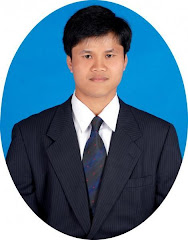




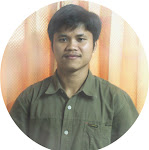

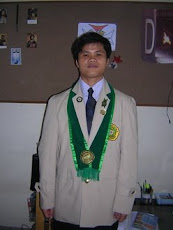
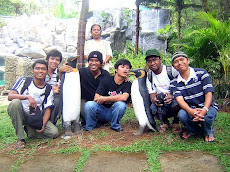

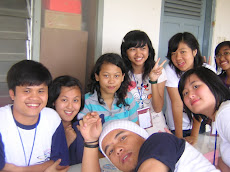


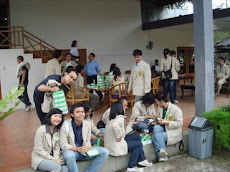
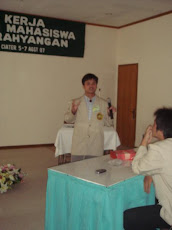
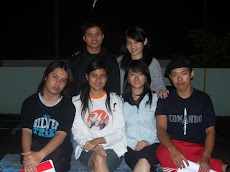
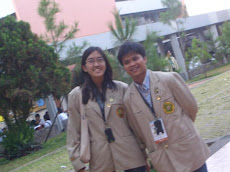
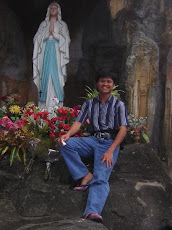


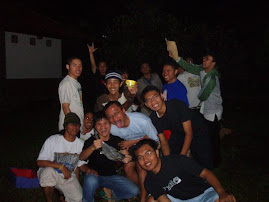
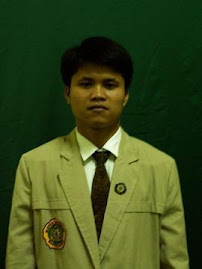

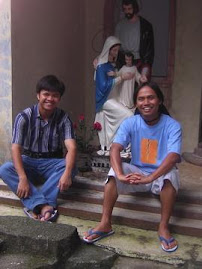
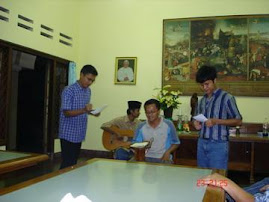
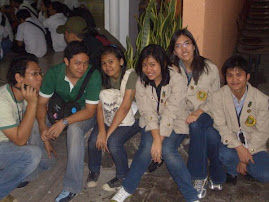
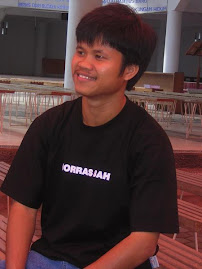
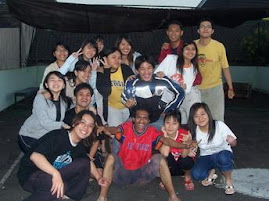
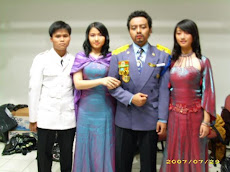

1 komentar:
Blog dan artikelnya bagus juga, komentar juga ya di blog saya www.when-who-what.com
Posting Komentar